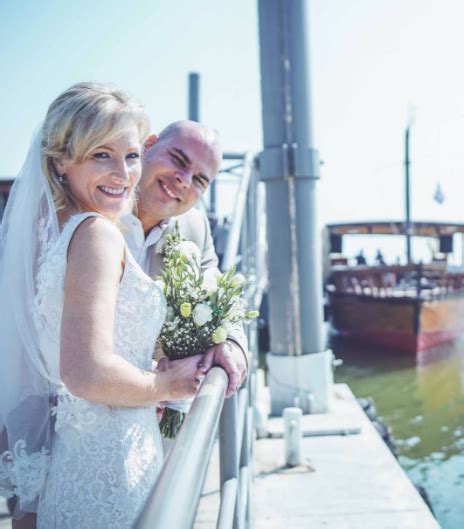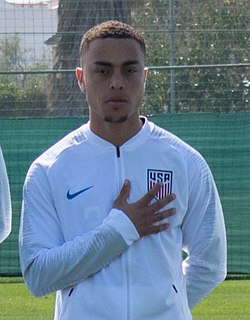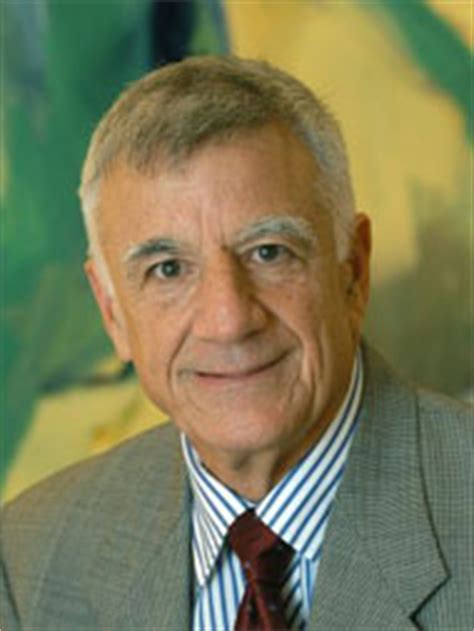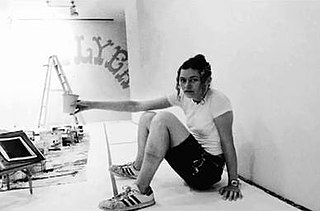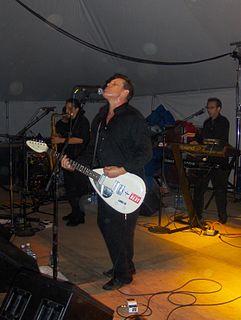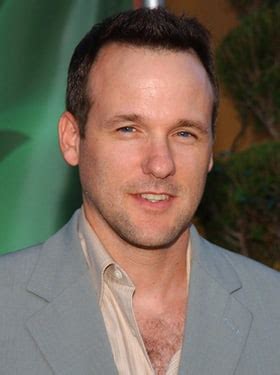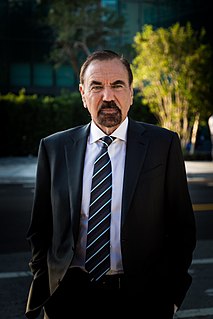A Quote by Laurie Graham
My early novels were very understated and English. Fourteen years ago, I met and married my American husband, and as I learned more about his background and culture, I became interested in using American voices.
Related Quotes
Well, English is no problem for me because I am actually English. My whole family are English; I was brought up listening to various forms of the English accent. Obviously there are more specific ones that get a little bit tricky. Same with American stuff. But because in Australia we're so inundated with American culture, television, this that and the other, everyone in Australia can do an American accent. It's just second nature.
Having a background in doing printmaking and letterpress, I think that I became very interested in images that were flat and graphic. And my painting still today is very flat...American craft is like that too - the painting is very flat. And also the painting that you see on the storefronts, handmade signs, tend to be very flat. That's probably my biggest influence.
I think there's a pride of what a real American can be. I mean, I'm a transplant, but I've got American kids and an American wife, and when I go back to England I feel more like an American, the way I look at the world, is more from an American perspective at this point. I've traveled every state 30 or 40 times, and have met an amazing array of people, and I have found Americans to be among the most kind and tolerant people I have ever met.
We talked about and that has always been a puzzle to me
why American men think that success is everything
when they know that eighty percent of them are not
going to succeed more than to just keep going and why
if they are not why do they not keep on being
interested in the things that interested them when
they were college men and why American men different
from English men do not get more interesting as they
get older.
But this is predicated upon the man's becoming in very fact an American and nothing but an American. If he tries to keep segregated with men of his own origin and separated from the rest of America, then he isn't doing his part as an American. There can be no divided allegiance here. . . We have room for but one language here, and that is the English language, for we intend to see that the crucible turns our people out as Americans, of American nationality, and not as dwellers in a polyglot boarding-house; and we have room for but one soul loyalty, and that is loyalty to the American people.
